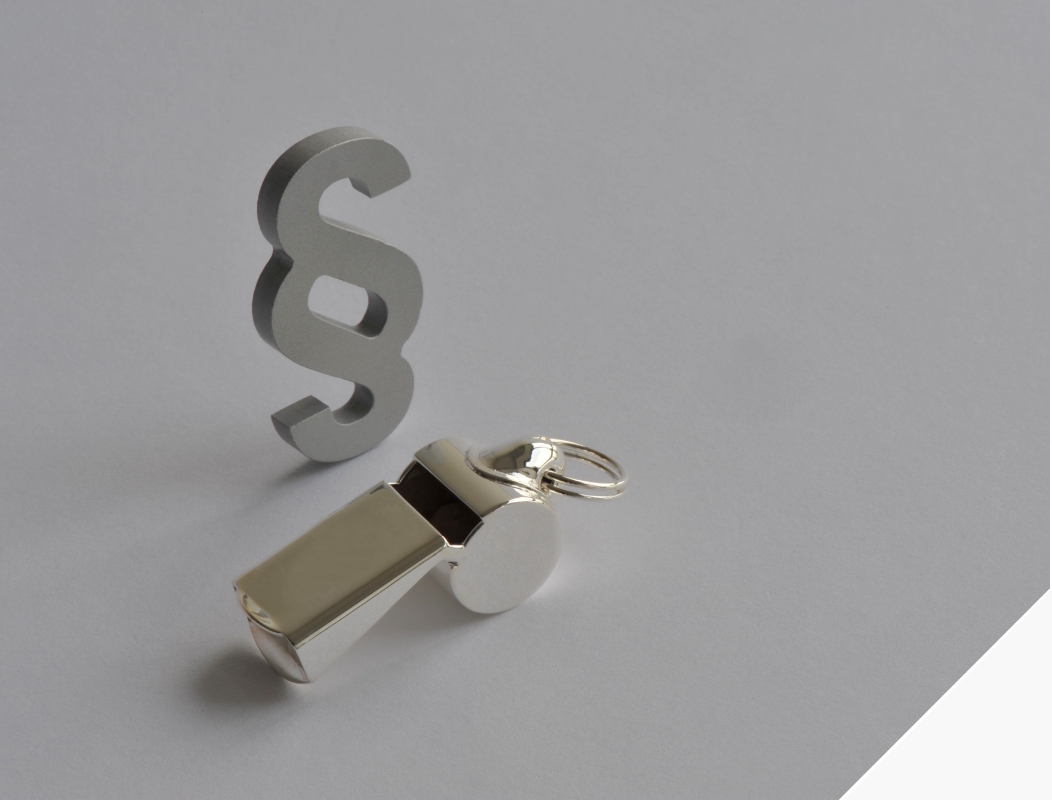Rechtsanwälte
Steuerberater
Ihr Kanzlei-Team für
Medizinstrafrecht &
Medizinrecht
Steuerstrafrecht&
Steuerrecht
Wirtschaftsstrafrecht &
Wirtschaftsrecht
Healthcare Compliance &
TAX Compliance
Unsere Schwerpunkte
Der Schwerpunkt von FEHN Legal liegt im MEDIZIN-, STEUER- und WIRTSCHAFTSSTRAFRECHT, im MEDIZINRECHT sowie in ausgewählten Bereichen des STEUERRECHTS.
WIR VERFÜGEN ÜBER NACHGEWIESENE ZUSATZQUALIFIKATIONEN, ENTSPRECHENDE SPEZIALISIERUNGEN UND JAHRZEHNTE LANGE BERUFSERFAHRUNGEN IN UNTERSCHIEDLICHEN BEREICHEN.

Ein funktionierendes NETZWERK, der Blick über Ländergrenzen hinaus und unser umfassendes Engagement für die Interessen und Ziele unserer Mandanten sind die Grundlage für eine qualitativ hochwertige, lösungsorientierte und kreative Beratung. Diese richtet sich im Bereich des Strafrechts an Unternehmer, Vorstände, Geschäftsführer und andere Führungskräfte, aber auch an Rat suchende Privatpersonen.

Im Bereich des MEDIZINRECHTS und des MEDIZINSTRAFRECHTS sind wir auf die Beratung von medizinischen und zahnmedizinischen LEISTUNGSERBRINGER spezialisiert, d.h. wir beraten ÄRZTE, ZAHNÄRZTE, TIERÄRZTE, APOTHEKER, KRANKENHÄUSER und PRIVATKLINIKEN, MEDIZINISCHE VERSORGUNGSZENTREN (MVZ), ZAHNMEDIZINISCHE VERSORGUNGSZENTREN (ZMVZ), MEDIZINPRODUKTEHERSTELLER, ARZNEIMITTELHERSTELLER, BIOTECHUNTERNEHMEN, MEDIZINISCHE FORSCHUNGSREINRICHTUNGEN einschließlich CONTRACT RESEARCH ORGANIZATIONS sowie FACTORINGUNTERNEHMEN im Gesundheitswesen.
Bei der rechtlichen Beratung von Arzt- und Zahnarztpraxen Beratung von Arzt- und Zahnarztpraxen sowie (Z)MVZ stellt die rechtliche Begleitung bei Kauf und Verkauf bzw. der Nachfolgeregelung einen weiteren Schwerpunkt dar. Außerdem wehren wir – auch im Auftrag von Berufshaftpflichtversicherern – Schadensersatz- und Schmerzensgeldansprüche im Zusammenhang mit Behandlungsfehlervorwürfen ab und bringen hier die Erfahrung von über 6000 Arzthaftungsprozessen auf Leistungserbringerseite ein. Schließlich verfügen wir über eine besondere Expertise im Gesundheitsverwaltungsrecht (z.B. Berufsrecht der Heilberufe, Infektionsschutzrecht).
COMPLIANCE zielt auf die Einhaltung von Vorschriften sowie die Vermeidung von Verstößen ab und damit aus Unternehmenssicht auf die VERMEIDUNG von STRAF- und ORDNUNGSWIDRIGKEITENVERFAHREN sowie von zivilen HAFTUNGSPROZESSEN. Außerdem kann ein funktionierendes Compliance-System zu SANKTIONSMILDERUNGEN führen und dient in erheblichem Maß dem IMAGE-Schutz des Unternehmens. Unser Leistungsangebot umfasst die Entwicklung und Implementierung eines maßgeschneiderten und bedarfsgerechten Compliance-Systems, eines HINWEISGEBERSYSTEMS einschließlich dessen Betreuung und Auswertung sowie der Erfüllung der gesetzlichen Berichtspflichten sowie die Durchführung von INTERNAL INVESTIGATIONS.

Aufgrund der Komplexität konzentrieren wir uns auf die Bereiche Healthcare (Gesundheitswesen) und Tax (Steuerwesen). Diese sind eng mit dem materiellen Medizinrecht und Steuerrecht verknüpft. Aus diesem Grund erbringen wir steuerliche Compliance-Dienstleistungen ausschließlich für medizinische Leistungserbringer und gemeinnützige Vereine.

Das WIRTSCHAFTSSTRAFRECHT ist ein sehr weites Feld, das sich z.B. auch auf die Gebiete der der Unternehmensleitung, der Forschung, des Arbeitslebens, des Sports und der Umwelt erstreckt und u.a. verwaltungsakzessorisch ist (z.B. im Umweltstrafrecht oder bei den Amtsdelikten): Auch insoweit ist es uns möglich, eine hochqualifizierte Beratung und Vertretung anzubieten.
Das STEUER(STRAF-)RECHT, insbesondere das der Heilberufe, bildet einen weiteren Schwerpunkt von FEHN Legal.
INTENSIVE KENNTNISSE DER ARBEITSWEISE VON FINANZVERWALTUNG, FINANZGERICHTSBARKEIT UND STEUERBERATUNG, HOHE FACHKUNDE UND DURCHLAUFENE ZERTIFIZIERUNGEN SIND DIE GRUNDLAGEN EINER ERFOLGREICHEN INTERESSENWAHRNEHMUNG.


Unsere Referenzen

DEFENSE IN THE PROCEEDINGS CONCERNING THE SO-CALLED. COLOGNE GARBAGE SCANDAL

ADVICE TO THE DFB E.V. IN TAX (CRIMINAL) LAW MATTERS
Aktuelle Einblicke
Klicken Sie auf den unteren Button, um den Inhalt von zu laden.
Justiziariat der












